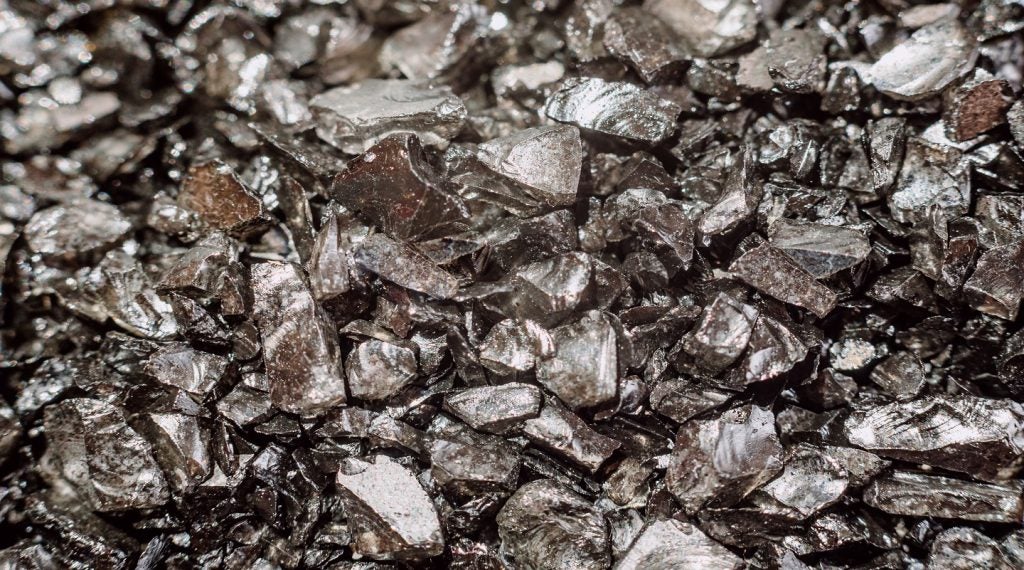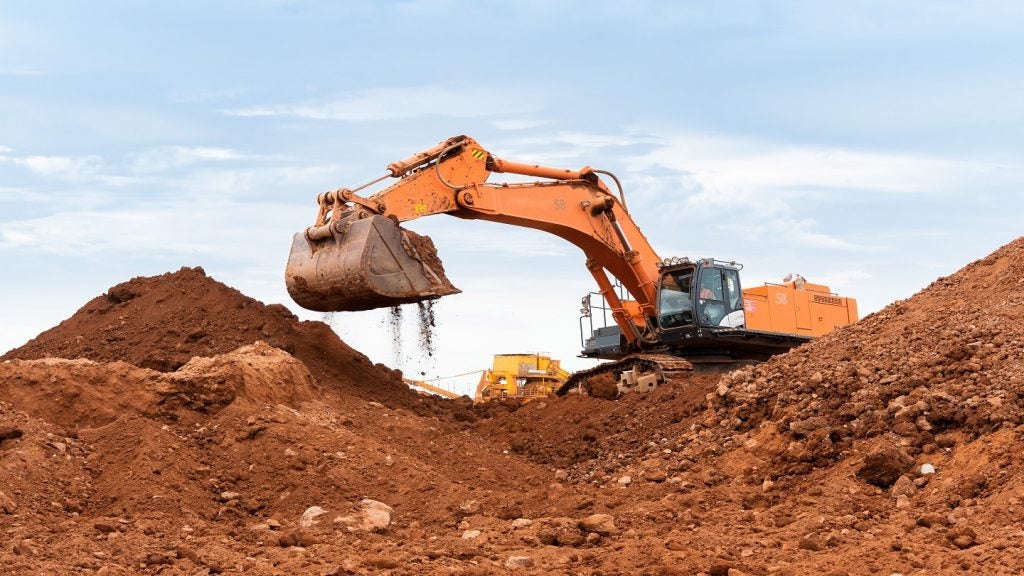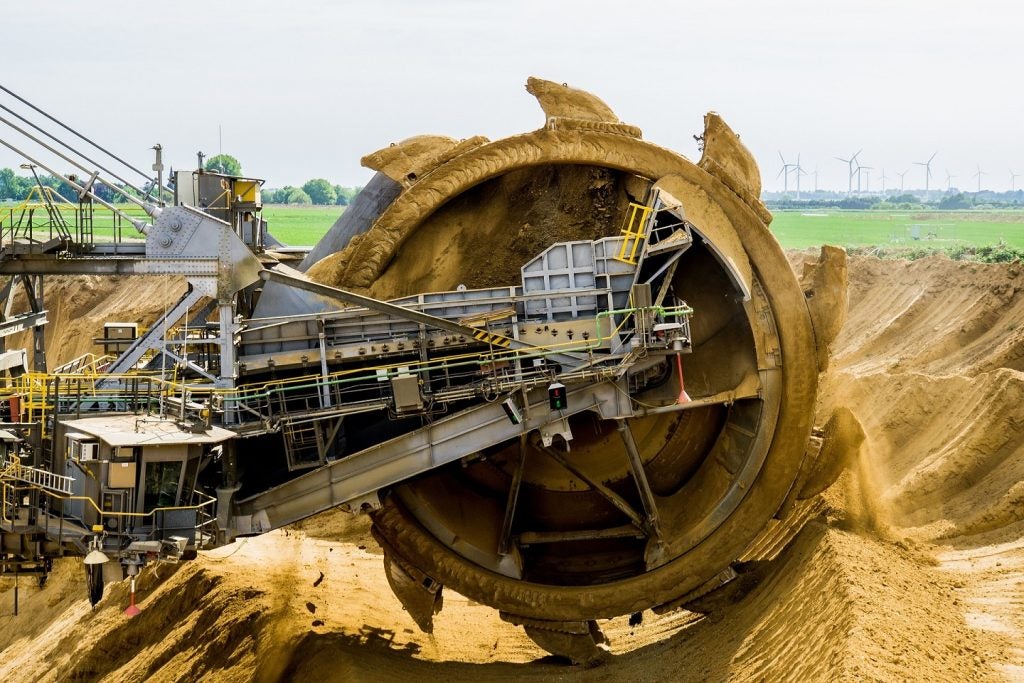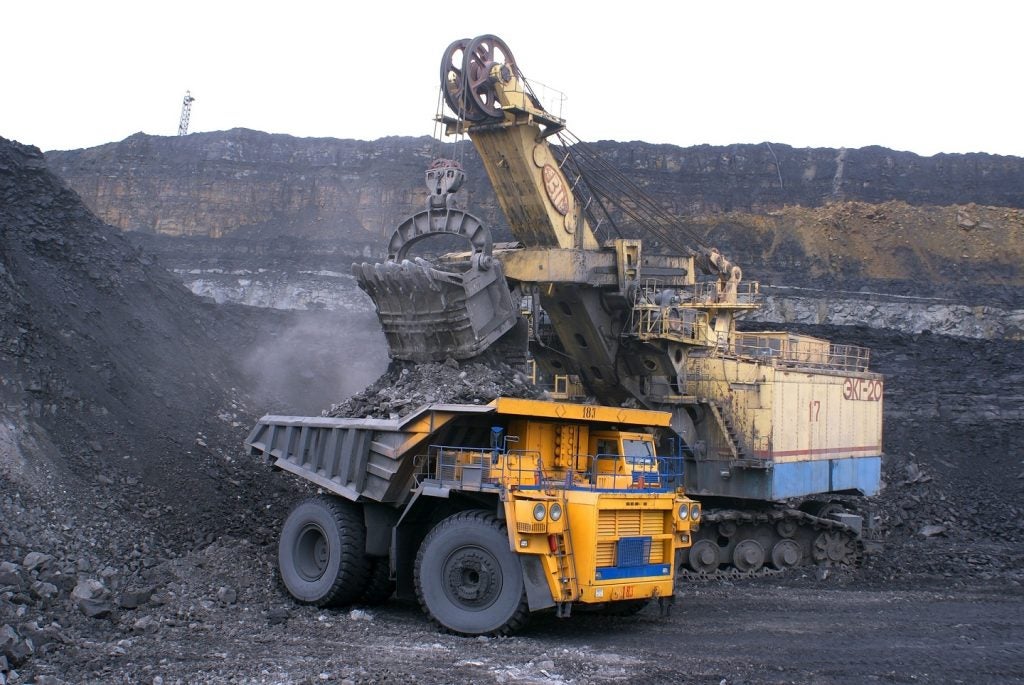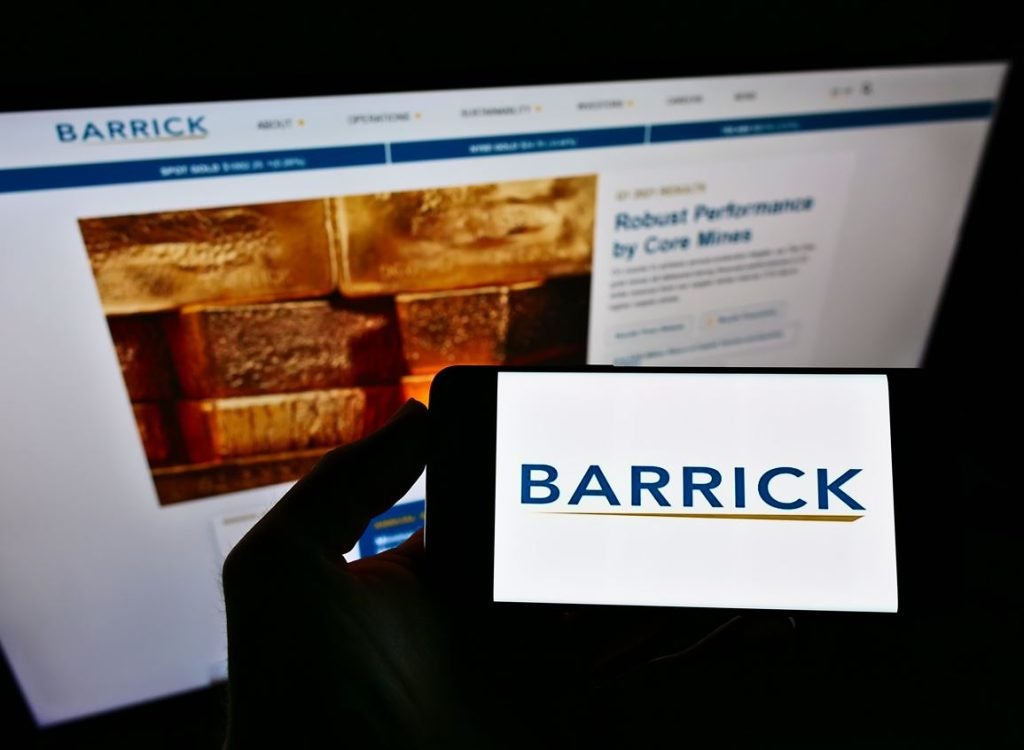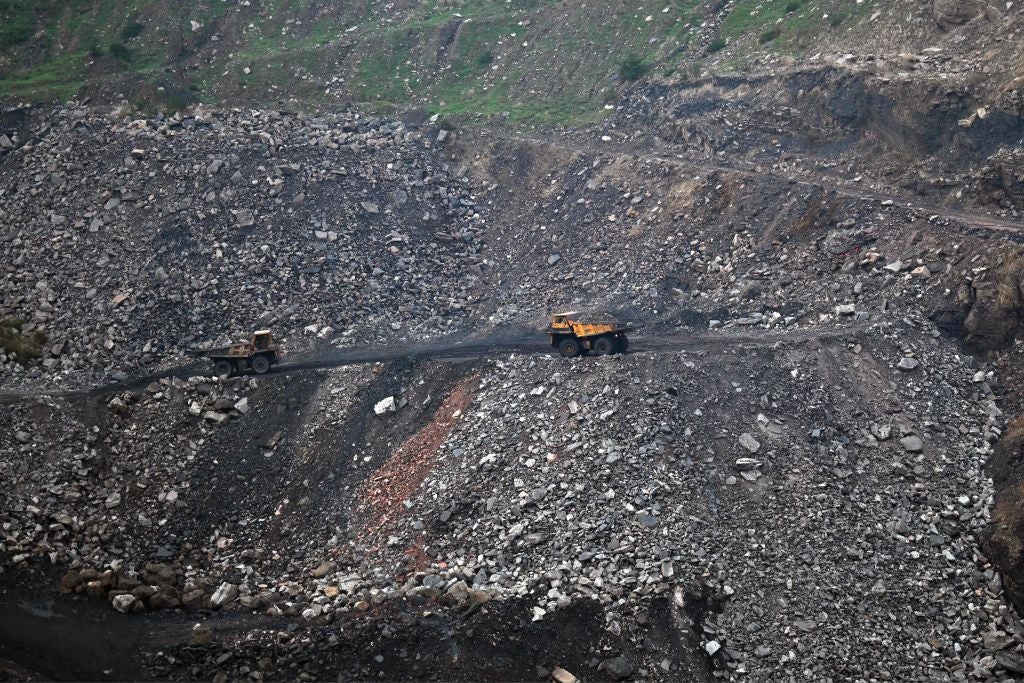The US Department of Energy (DOE) has allocated more than $17m for three projects aimed at establishing facilities to produce REEs and other critical minerals from coal-based resources.
Funded by the Bipartisan Infrastructure Law, the initiative is set to bolster domestic supply chains and reduce the country's dependence on foreign sources for these essential materials.
REEs are vital for the production of clean energy technologies such as solar panels, wind turbines, electric vehicles and hydrogen fuel cells.
The DOE's funding will aid in harnessing these elements from coal and coal waste, potentially creating jobs in traditional fossil fuel communities and contributing to climate change mitigation efforts.
The country, which currently imports more than 80% of its REEs, has vast reserves of coal and coal waste that contain these valuable materials, according to the DOE press release.
With more than 250 billion tonnes of coal reserves, four billion tonnes of waste coal, and approximately two billion tonnes of coal ash, the DOE is keen to exploit these unconventional resources to strengthen the nation's economy and energy sector.
The funding will support the development of front-end engineering design (FEED) studies for potential future facilities that will extract, separate and produce REEs and other critical minerals.
The University of Illinois at Urbana-Champaign's Board of Trustees will conduct a FEED study to create a fully integrated supply chain for critical minerals production from coal-based sources within Illinois.
Winner Water Services in Georgia will focus on extracting rare earths from coal ash, simultaneously preparing the ash for use in the concrete market, while Tetra Tech in Pennsylvania will carry out a study to recover rare earths from coal byproducts.
The DOE's National Energy Technology Laboratory, under the Office of Fossil Energy and Carbon Management, will oversee these projects.


